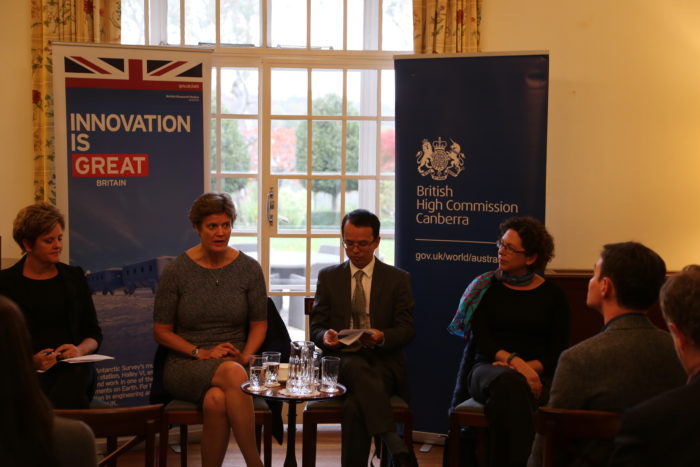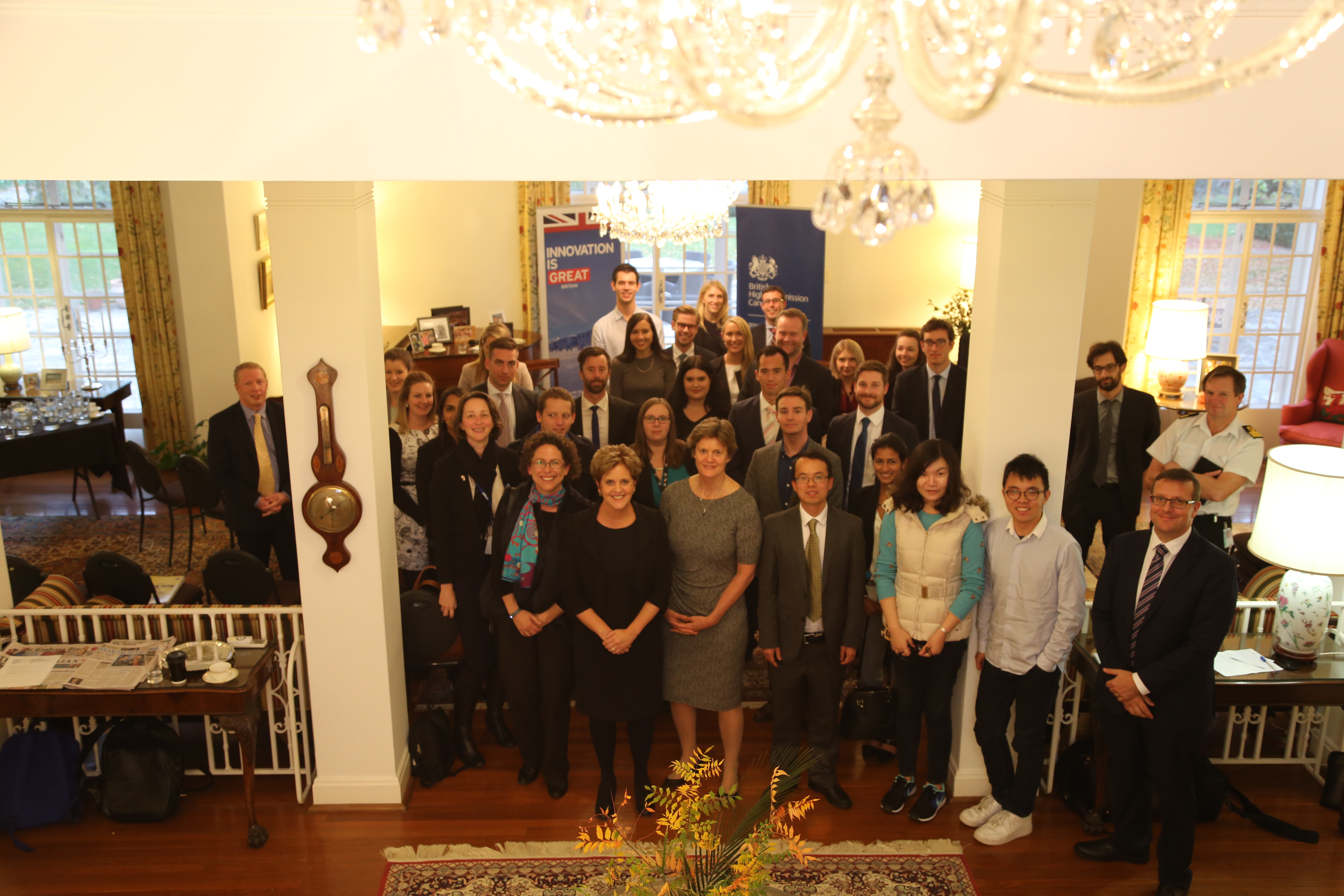10th June 2016 Canberra, Australia
Modern diplomacy: Working the Network

When I joined the Foreign and Commonwealth Office (FCO), a former Ambassador gave me a piece of advice that I remember to this day. He said that a diplomat is only as good as their network. It stuck with me, because he was right.
To be an effective diplomat, you need great networks. No matter what job you are doing or where you are doing it, you need to know who to talk to, who makes the decisions, and who can influence. And then you need to engage with these people.
Having a great network in the country you are posted to seems obvious. But there is another network that is just as important. That’s a Foreign Ministry’s diplomatic network.
The FCO has a network of nearly 270 posts and there are over 13,000 staff working across the world for the UK’s national interest. That’s a huge resource. But traditionally, diplomatic posts protect their turf. They stick to their host country’s boundaries and communicate directly with their capital.
But this is changing. Embassies and High Commissions cannot afford to work in isolation. The issues we deal with, the challenges we face and the solutions we seek are at least regional and often global.
The UK’s diplomatic service has been leading the way in cross-network working. We have regional hub and spoke networks for our climate change attachés, regional networks of economists and our consular teams are run from regional hubs which helps standardise the service we offer to British nationals no matter where they need it in the world.
So what has this got to do with me? Well last week I was involved in a great example of how we are using the FCO network to support the work we are doing in Australia.
Our Ambassador in China, Barbara Woodward, visited Sydney and Canberra for three days. Her visit – which included a lively roundtable discussion at the Lowy Institute and a public Q&A at the ANU’s Australian Centre on China in the World – was an opportunity to speak to a number of Australian contacts about the UK’s Asia policy.

I have written before about the UK government’s approach to China and the complexities of engaging with the Asia region.
Barbara characterized this as building a “Load-bearing relationship” with China; one that was big enough for us both to benefit and strong enough to allow us to raise concerns when we had them. But our relationship with China doesn’t operate in a vacuum. It sits within a wider All of Asia policy which includes building a strong relationship with Japan and continuing to deepen our partnerships with others in the region.
Barbara’s visit allowed us to delve deep into these issues and have some frank discussions with Australian contacts.
Unsurprisingly, there was a lot of interest in the UK’s assessment of China and the wider region. Also unsurprisingly was that our assessment of the opportunities and challenges was shared by many of those Barbara spoke to. That’s why we are called likeminded partners.
The visit may have raised a few eyebrows. There will be some who would say that having another Ambassador on your patch undermines the local Head of Mission’s authority. It is a legitimate point to raise, but our experience is the opposite. It enhances the work of the local mission, in a world where diplomacy needs to be more collaborative, more open, more innovative. Our view is that drawing on the expertise of others, including British Ambassadors in third countries, is part of the toolkit of modern diplomacy.
Barbara brought an extra dimension to our already close collaboration with Australia in the region. And as someone with many years experience of China, her analysis of the region and what that meant for countries like the UK and Australia carried extra weight.

So what did the visit achieve?
Well I hope that everyone who met Barbara was left in no doubt about the UK’s commitment to the Asia Pacific region, the nuances of our All of Asia Policy and the centrality of the International Rules Based System in everything we do.
We also identified more areas where the UK and Australia could collaborate in the region. These will be fed into the annual AUKMIN Ministerial discussions planned for later this year.
And the visit was an example of how in today’s networked world, collaboration across borders is just as important for diplomats as it is for everyone else.
Very nicely explained the complex concepts of Foreign Policy etc by UK diplomat; which can be understandable by “man in street” without having MA in International Relations from University etc.